I love my job but I wouldn’t do it for free. I work hard, I get paid, I spend the money and it becomes income for other people. That is how sustainable commerce works and the economy (in normal times) potters along. Except, it appears, when it comes to our food production system. Reading through this week’s Irish Country Living, with the Farm to Fork strategy fresh in my mind, lots of things jumped out at me. As I read, I contemplated the unmitigated mind melt that is “sustainability”.
Sheep are part of the natural carbon cycle, consuming the organic carbon stored in plants and converting it to wool
Sheep shearer Joe Malone makes the point “the price of wool is worthless at the moment – the last couple of years it’d hardly cover the cost of the shearing”. Sheep are part of the natural carbon cycle, consuming the organic carbon stored in plants and converting it to wool. Fifty per cent of the weight of wool is pure organic carbon. And yet it’s worthless while synthetic (oil-based) fibres flourish.
Jimmy Mulhall explained to Mairead Lavery that organic is no panacea
The Farm to Fork Strategy and the (predominantly absent) EU agriculture commissioner are keen on organics. In the document I noted the comment: “The market for organic food is set to continue growing and organic farming needs to be further promoted. It has a positive impact on biodiversity, it creates jobs and attracts young farmers. Consumers recognise its value.” And yet it appears that reality may be somewhat different. Jimmy Mulhall explained to Mairead Lavery that organic is no panacea: “What I discovered in turning organic was that the situation wasn’t much better. There was very little money to be made in the organics market unless you were selling directly to the final consumer yourself.”
The Farm to Fork strategy appears to be big on what can be done but short on economics and reality of how
Strategies, on paper, never refused ink and this appears to be no different. I have more faith in the man who walks the walk than talks the talk or writes the doc. The Farm to Fork strategy appears to be big on what can be done but short on economics and reality of how. As a side note, I am very much looking forward to going to Carlow when Jimmy’s Coolanowle Foodhall is reopened.
This week, Odile Evans interviews the new director of Bord Bia’s Origin Green programme Deirdre Ryan. When asked about bringing people on board [with sustainability initiatives], I was interested to see her reply that “while sustainability often drives efficiency, where there are no financial benefits, it can be difficult”.
Everybody wants agriculture to be more sustainable, which is good in theory
Deirdre explains that there are four pillars to the Origin Green strategy. The first is membership engagement and the second is developing a charter to become a world leader in sustainability. When we revealed details of the proposed “farm sustainability programme” a few weeks back, it was broadly slated and attacked for its lack of engagement with stakeholders. The third pillar is improvements and the fourth, market access and value for the members. But when the conversation turns to value coming back to farms Bord Bia has no role, previously stating: “Any decision on a bonus payment will come from industry, and cannot be influenced by Bord Bia.”
Herein lies the problem. Everybody wants agriculture to be more sustainable, which is good in theory, but whether that is sustainable textiles or meat with added value, very few seem to want to actually pay for it. Farmers are not seeing value being returned from the fork to the farm. And there is nothing sustainable about that.
Read more
'A slap on the back is only six inches from...'
'If subsidies go in the morning so does our sector as we know it'
I love my job but I wouldn’t do it for free. I work hard, I get paid, I spend the money and it becomes income for other people. That is how sustainable commerce works and the economy (in normal times) potters along. Except, it appears, when it comes to our food production system. Reading through this week’s Irish Country Living, with the Farm to Fork strategy fresh in my mind, lots of things jumped out at me. As I read, I contemplated the unmitigated mind melt that is “sustainability”.
Sheep are part of the natural carbon cycle, consuming the organic carbon stored in plants and converting it to wool
Sheep shearer Joe Malone makes the point “the price of wool is worthless at the moment – the last couple of years it’d hardly cover the cost of the shearing”. Sheep are part of the natural carbon cycle, consuming the organic carbon stored in plants and converting it to wool. Fifty per cent of the weight of wool is pure organic carbon. And yet it’s worthless while synthetic (oil-based) fibres flourish.
Jimmy Mulhall explained to Mairead Lavery that organic is no panacea
The Farm to Fork Strategy and the (predominantly absent) EU agriculture commissioner are keen on organics. In the document I noted the comment: “The market for organic food is set to continue growing and organic farming needs to be further promoted. It has a positive impact on biodiversity, it creates jobs and attracts young farmers. Consumers recognise its value.” And yet it appears that reality may be somewhat different. Jimmy Mulhall explained to Mairead Lavery that organic is no panacea: “What I discovered in turning organic was that the situation wasn’t much better. There was very little money to be made in the organics market unless you were selling directly to the final consumer yourself.”
The Farm to Fork strategy appears to be big on what can be done but short on economics and reality of how
Strategies, on paper, never refused ink and this appears to be no different. I have more faith in the man who walks the walk than talks the talk or writes the doc. The Farm to Fork strategy appears to be big on what can be done but short on economics and reality of how. As a side note, I am very much looking forward to going to Carlow when Jimmy’s Coolanowle Foodhall is reopened.
This week, Odile Evans interviews the new director of Bord Bia’s Origin Green programme Deirdre Ryan. When asked about bringing people on board [with sustainability initiatives], I was interested to see her reply that “while sustainability often drives efficiency, where there are no financial benefits, it can be difficult”.
Everybody wants agriculture to be more sustainable, which is good in theory
Deirdre explains that there are four pillars to the Origin Green strategy. The first is membership engagement and the second is developing a charter to become a world leader in sustainability. When we revealed details of the proposed “farm sustainability programme” a few weeks back, it was broadly slated and attacked for its lack of engagement with stakeholders. The third pillar is improvements and the fourth, market access and value for the members. But when the conversation turns to value coming back to farms Bord Bia has no role, previously stating: “Any decision on a bonus payment will come from industry, and cannot be influenced by Bord Bia.”
Herein lies the problem. Everybody wants agriculture to be more sustainable, which is good in theory, but whether that is sustainable textiles or meat with added value, very few seem to want to actually pay for it. Farmers are not seeing value being returned from the fork to the farm. And there is nothing sustainable about that.
Read more
'A slap on the back is only six inches from...'
'If subsidies go in the morning so does our sector as we know it'




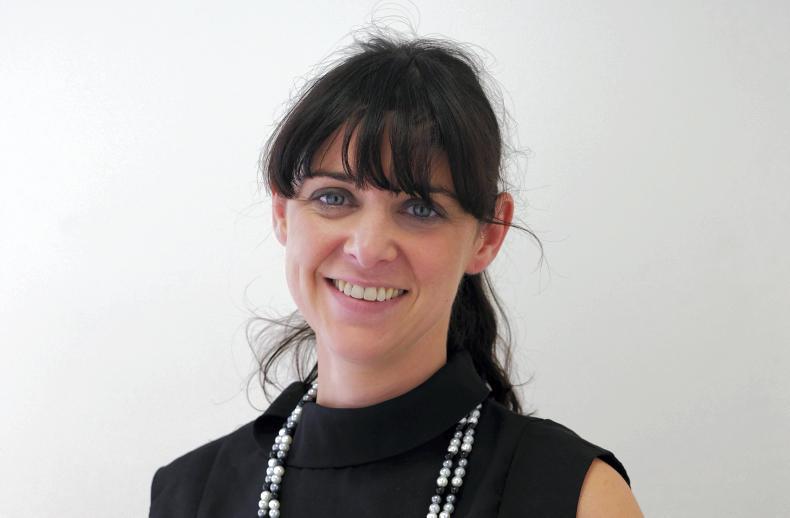
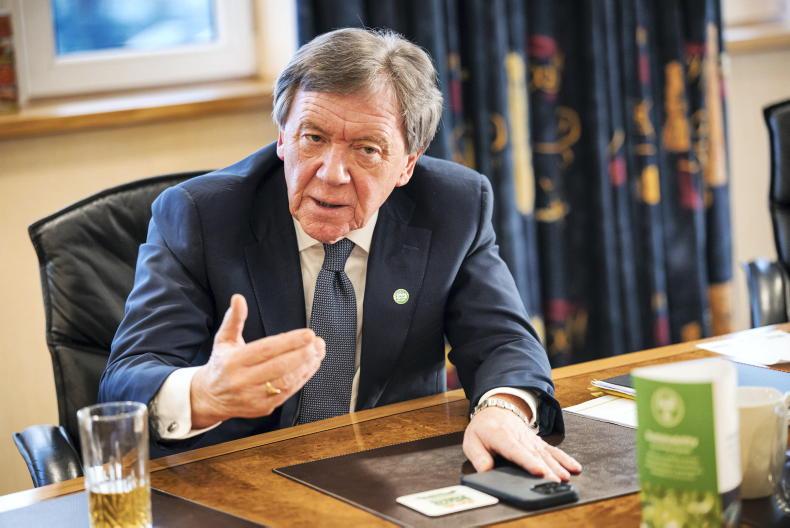

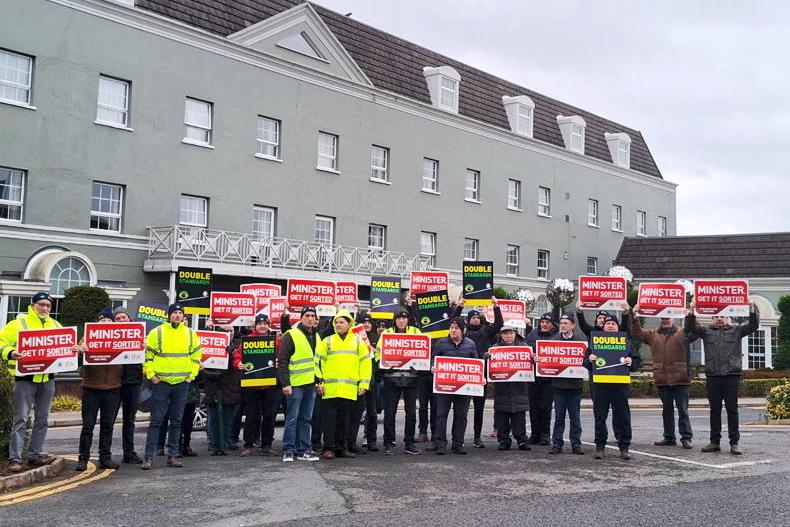
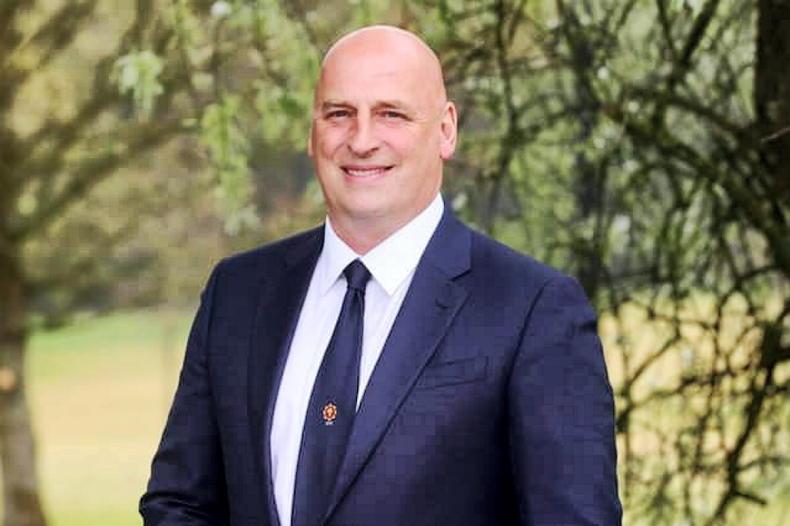
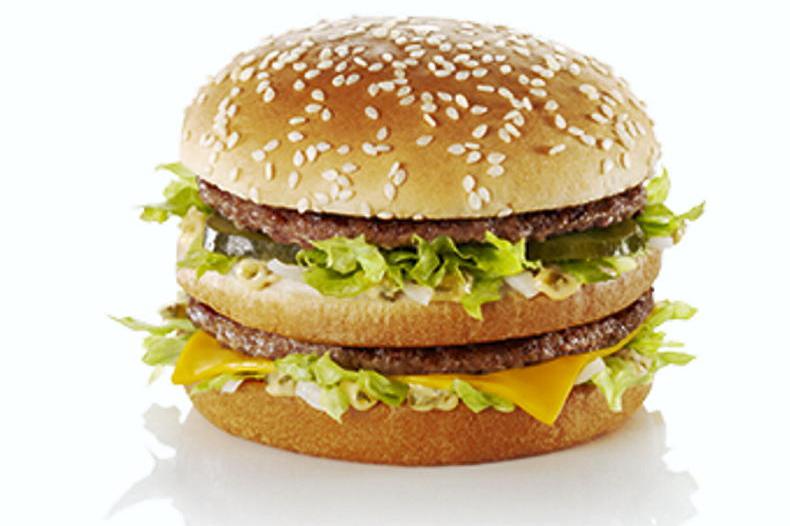
SHARING OPTIONS